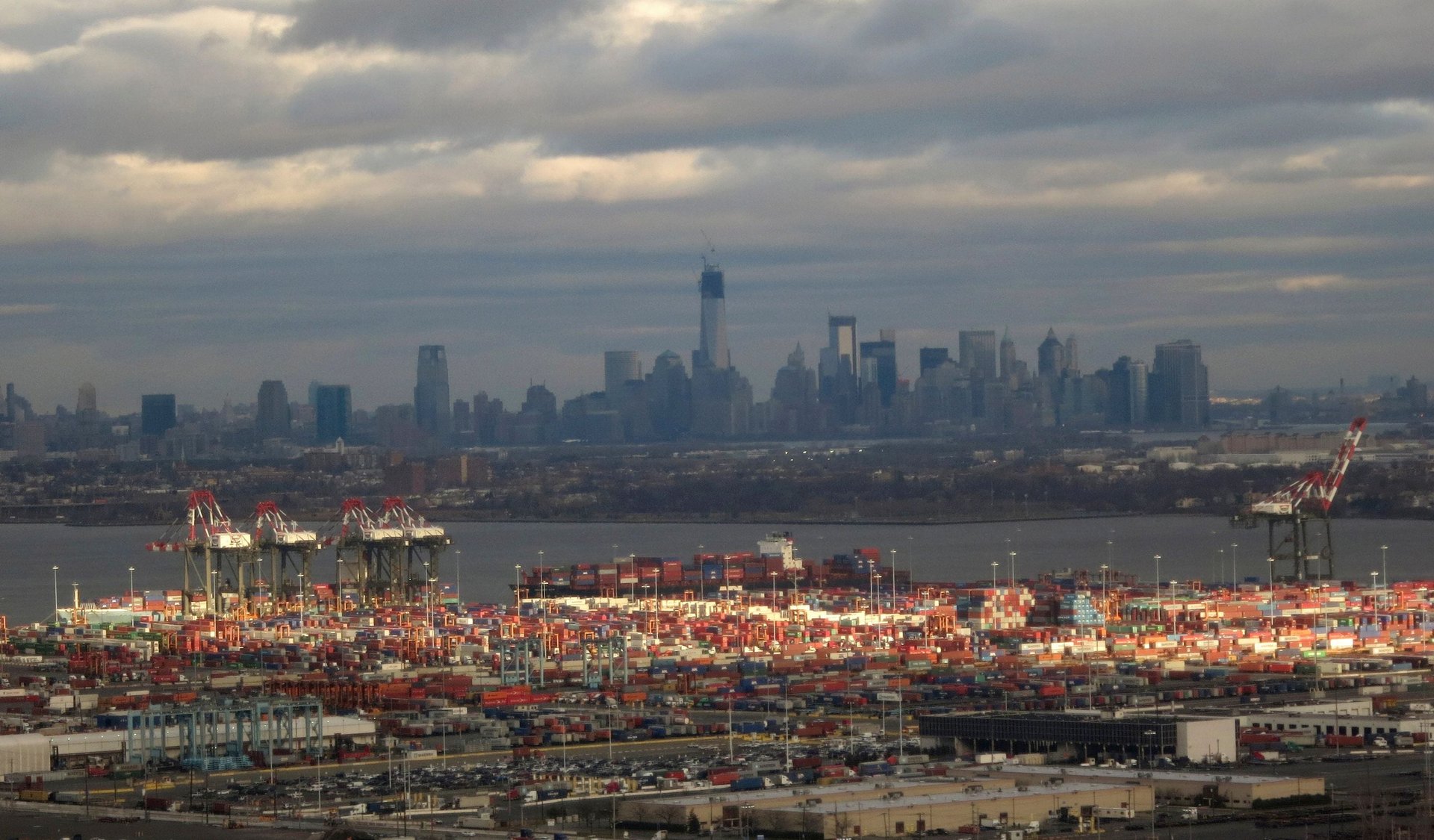Amazon had a chance to redefine the corporation—and blew it
If media reports are to believed, Amazon’s much-hyped search for a location to base its second headquarters (“HQ2”) will end with two winners: the borough of Queens in New York and Crystal City, Virginia, across the river from Washington DC.


If media reports are to believed, Amazon’s much-hyped search for a location to base its second headquarters (“HQ2”) will end with two winners: the borough of Queens in New York and Crystal City, Virginia, across the river from Washington DC.
There is no shortage of business reasons why Amazon would want to expand its presence in the nation’s political and financial capitals. But it feels like a deeply cynical denouement of the company’s year-long bake off, and represents a missed opportunity to help stake out the future of the corporation.
For much of the past half-century, big business has served one goal: maximizing shareholder returns. Executive compensation was pegged to stock prices. Share buybacks crowded out R&D and other long-term investments. Operations were combined and dismantled with impunity, so long as it was good for investors.
But over the past decade or so, a growing number of corporations acknowledge that the paradigm is changing—namely, that they answer to a larger array of stakeholders than simply investors. To prosper, companies are paying attention to their communities, customers, employees, and future employees, as well as shareholders. Sometimes called “triple-bottom line” accounting because it seeks to measure the success of serving shareholders, society, and the environment, the ethos has been embraced, in various degrees, at companies as varied as IKEA, Patagonia, and Levi-Strauss.
Amazon, when it embarked on its HQ2 process, at least gave the impression that it had a broader goal in mind than maximizing profits. After all, why would it publicly entertain the possibility of moving to Newark, New Jersey—one of the 20 cities on its shortlist and a place with no shortage of challenges—if it didn’t recognize that it had an opportunity to multiply its impact beyond the bottom line? Dropping 50,000 well-paid technology workers in Newark would transform a downtrodden city; splitting them between New York and Washington will only lead to grumbling about how Amazon is driving up the cost of living and further straining over-burdened transit systems.
To be clear, triple-bottom-line thinking doesn’t require altruism on the part of corporations. Amazon could benefit financially from choosing a city like Newark, from its cheaper real estate and lower wages, to the goodwill that it would accrue from making an investment in a depressed region. (And given the antitrust issues Amazon will be facing in the coming years, it seems there are plenty of reasons for the company to build up some goodwill in Washington and with the general public).
Amazon may still reverse course. It could choose to be part of the rebirth of a place like Newark or the renaissance of a rust-belt city like Pittsburgh, Pennsylvania. It could pick a city with one or more major research universities, like Raleigh, North Carolina; Austin, Texas; or Columbus, Ohio; and give their thousands of tech graduates reasons to stay close to their alma mater. It could even go with Toronto and embrace internationalism at a time when the concept is falling into disrepute.
Given its size and influence, Amazon could chart a course for other companies willing to think creatively about their role in society. But by choosing the easiest and most obvious path, it instead reaffirms that its primary allegiance is to the short-term interests of investors, not the long-term benefit of the triple bottom line.